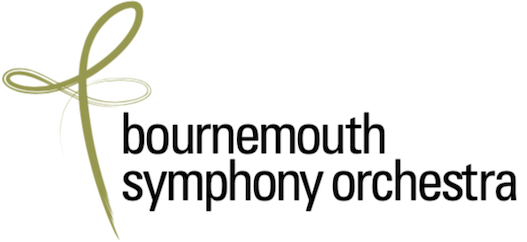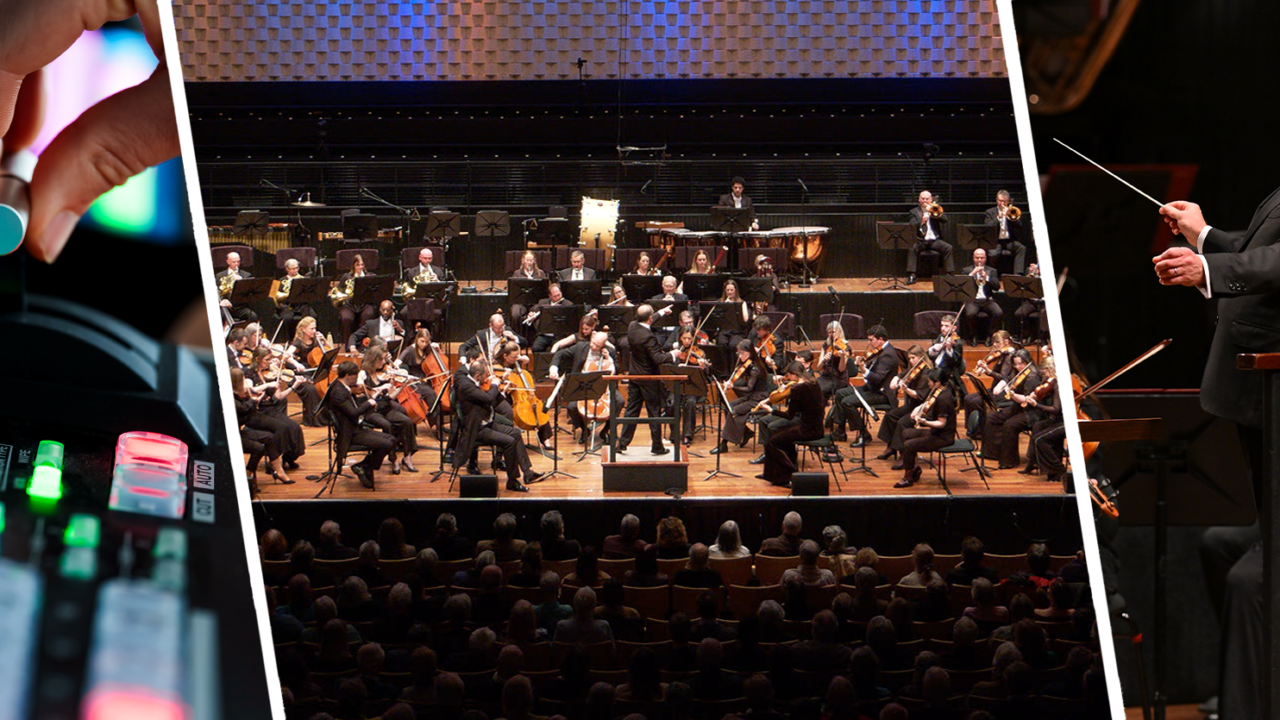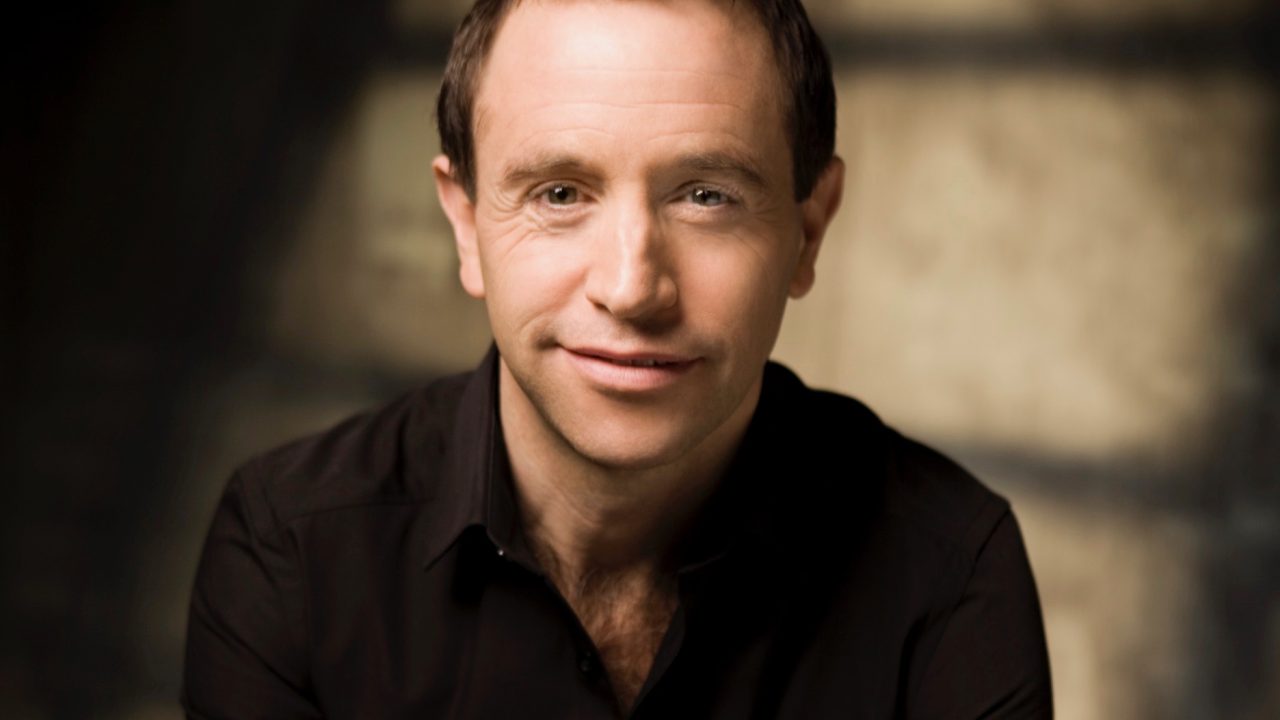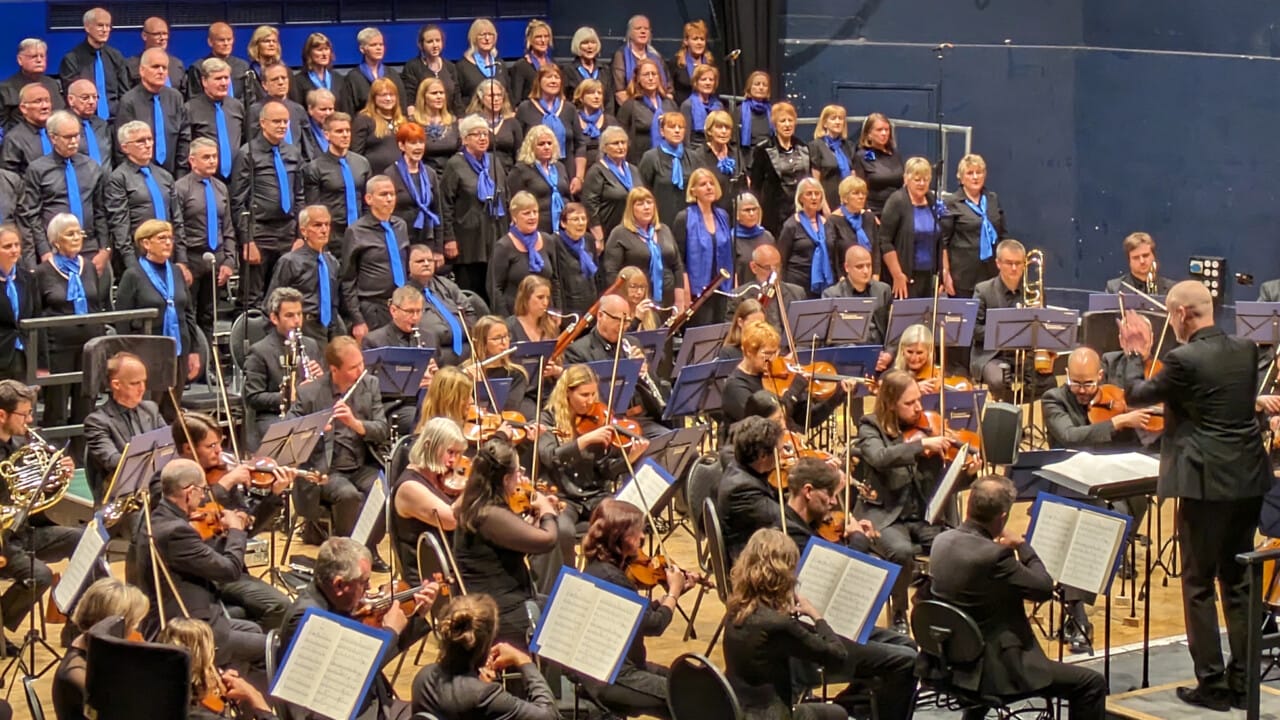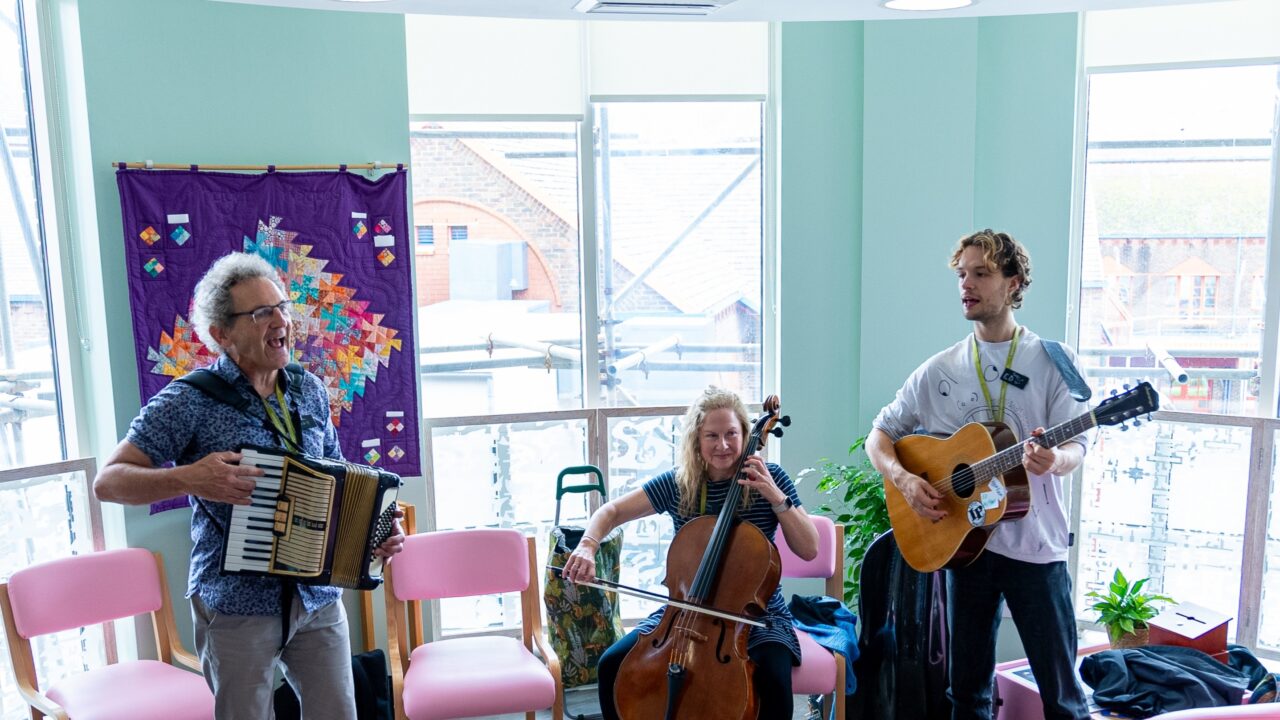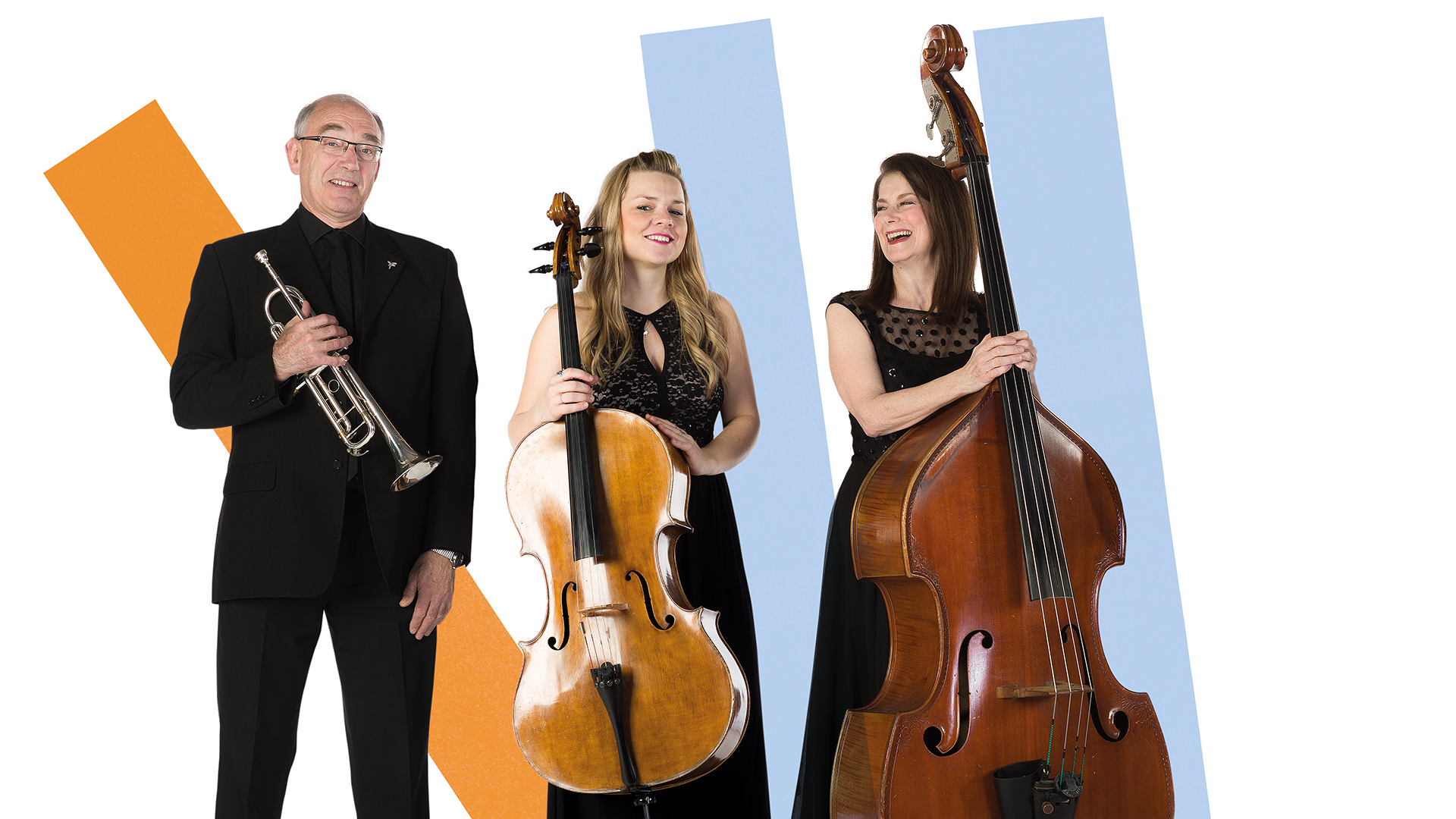Dvořák broke new ground with his Eighth Symphony, a work, as he explained, meant to be “different from the other symphonies, with individual thoughts worked out in a new way.” The music is steeped in the flavour and atmosphere of the Czech countryside. It has often been described as a “sunny” work, but in truth it is much more than that; there are passages of drama, exhilaration, happiness and nostalgia.
In a glorious burst of activity, Mozart composed twelve superlative piano concertos from February 1784 to December 1786. They were deeper in feeling, broader in scope and richer in colour than any he had written before. No.21 is built on a fully symphonic scale, with an orchestral backing that matches the solo part for interest and variety. Mendelssohn’s musical postcard of a Hebridean visit conjures up a whole seascape including the grandeur of Fingal’s Cave, the swelling of the sea, the light on the water and the fury of the waves breaking on the cliffs, whilst Fauré’s delicate and nostalgic Pavane shines in its elegant simplicity.
Read more about our Assistant Conductor Enyi Okpara here.
